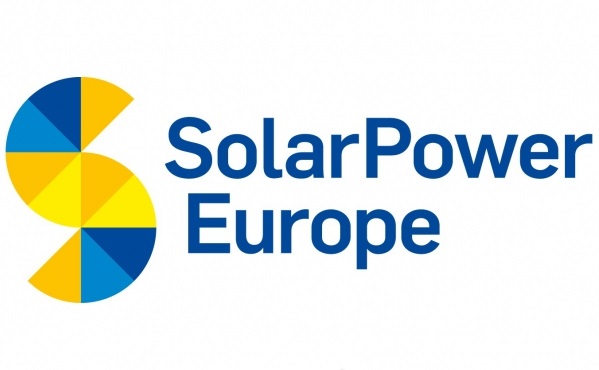Asia and America are quickly embracing low-cost and clean solar power, while the European Union needs to adapt its policy frameworks to get ready for the next solar growth wave
Brussels, 3 February 2017 – European countries installed around 6.9 GW of solar power systems in 2016 – a 20% decrease compared to the 8.6 GW that was grid-connected in 2015, according to SolarPower Europe, the association of the solar power sector in Europe. In the same period, the global on-grid solar power market grew by about 49% to around 76.1 GW in 2016, from about 51.2 GW in 2015.
Michael Schmela, Executive Advisor and Head of Market Intelligence at SolarPower Europe, stated, “Once a solar leader, the European Union is in danger of being eclipsed by Asian powerhouses, such as China, in both solar power production and installations. Even the US, with a much smaller population than the EU’s 28 member countries combined, added about twice as much solar power capacities in 2016.”
The world’s largest solar market in 2016 was China, which officially added 34.2 GW, over 125% more than in 2015. It was followed by the US with estimated solar power additions of 14 GW, up from 7.3 GW the year before. Japan was ranked third, reaching around 8.6 GW, ahead of India with 4.5 GW.
James Watson, CEO at SolarPower Europe stated, “2016 will be remembered as the year that the first solar power purchase agreements were signed at levels that have made solar the lowest-cost power in many regions of the world. With clean solar being cheaper than inflexible generation technologies in much of Europe today, there is the need to drive the next solar investment cycle so we can pursue the decarbonisation of the European power sector. This requires the right policy framework. The Clean Energy Package recently presented by the European Commission provides very concrete and actionable levers, though there is still room for improvement.”
SolarPower Europe asks the European Parliament and Member States to take into consideration the following 5 top priorities to unleash growth for cheap and clean solar power in Europe when negotiating the Clean Energy Package:
- We need a strong and ambitious governance framework to steer investment in clean energy
- We need to ensure that flexibility roadmaps are set-up in all countries, to facilitate the uptake of more variable renewables but also address the overcapacity issue in the power sector
- We need to adjust market rules to make them fit for variable solar electricity and we need to create local flexibility markets to ensure that all the services provided by solar and storage are properly remunerated
- We need best practices for the design of tenders to accompany further cost decreases while ensuing project realisation
- We need a strong framework for self-generation and consumption to place consumers and communities at the center of the energy transition
Alexandre Roesch, Policy Director at SolarPower Europe says, “After having inspired so many regions in the world, Europe needs to find its own inspiration again and act as the leader of the energy transition. We need to build a major industrial project around solar and renewables. To start with, increasing the 2030 renewable energy target to at least 35% will send a strong signal that Europe is back in the solar business”.
These solar market data are a first estimate from SolarPower Europe for 2016 solar power on-grid installations that are based on official data from government agencies whenever possible. If such information was not available from primary sources, SolarPower Europe has gathered data mostly through its members, comprising national solar associations and corporations, as well as with help from international association members of the Global Solar Council in America, Africa and Asia Pacific.
An update for the 2016 solar market numbers will be released in the SolarPower Europe Market Report 2016 during the SolarPower Summit on 7-8 March 2017 in Brussels. A 5-year solar demand forecast until 2021 will be published in SolarPower Europe’s ‘Global Market Outlook For Solar Power 2016 – 2021’ with the support of the Global Solar Council, which will be launched at the Intersolar Europe trade fair in Munich on 30 May 2017.


